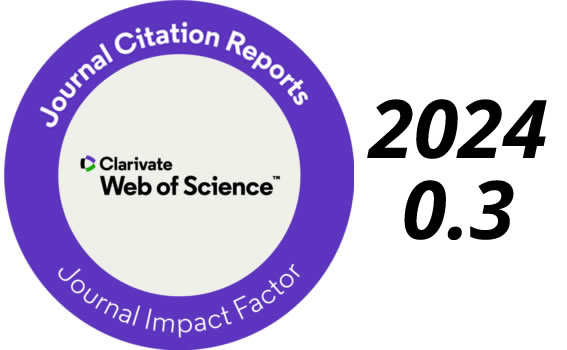Institutional and legal framework for the implementation of the human right to the water in Ecuador
DOI:
https://doi.org/10.24850/j-tyca-2022-03-02Keywords:
Human rights, right to water, water, implementation, EcuadorAbstract
The paper describes the institutional and legal framework of the human right to water in Ecuador. The intention is to provide the qualitative basis to design a methodology to measure its implementation. It analyzes the circumstances that lead to the formal recognition of this right and the strategies required for its efficient guarantee.
The research applies the Organization of American States report about implementing the human right to water in Central American countries to the Ecuadorian background and people in vulnerable conditions. Moreover, the paper uses an exegetic focus and makes a historical description of the water law protection in Ecuador. It identifies the congress people's real intention in the records of the Constituent Assembly of 2008. The study results are presented according to the variables defined by the Special Rapporteur on the human rights to safe drinking water and sanitation.
The paper concludes that the normative recognition of the human right to water is developed in different Ecuadorian laws. However, the country presents institutional weakness, which negatively influences its effective implementation.
Downloads
Published
How to Cite
Issue
Section
License
Copyright (c) 2022 Tecnología y ciencias del agua

This work is licensed under a Creative Commons Attribution-NonCommercial-ShareAlike 4.0 International License.
By Instituto Mexicano de Tecnología del Agua is distributed under a Creative Commons Attribution-NonCommercial-ShareAlike 4.0 International License. Based on a work at https://www.revistatyca.org.mx/. Permissions beyond what is covered by this license can be found in Editorial Policy.









